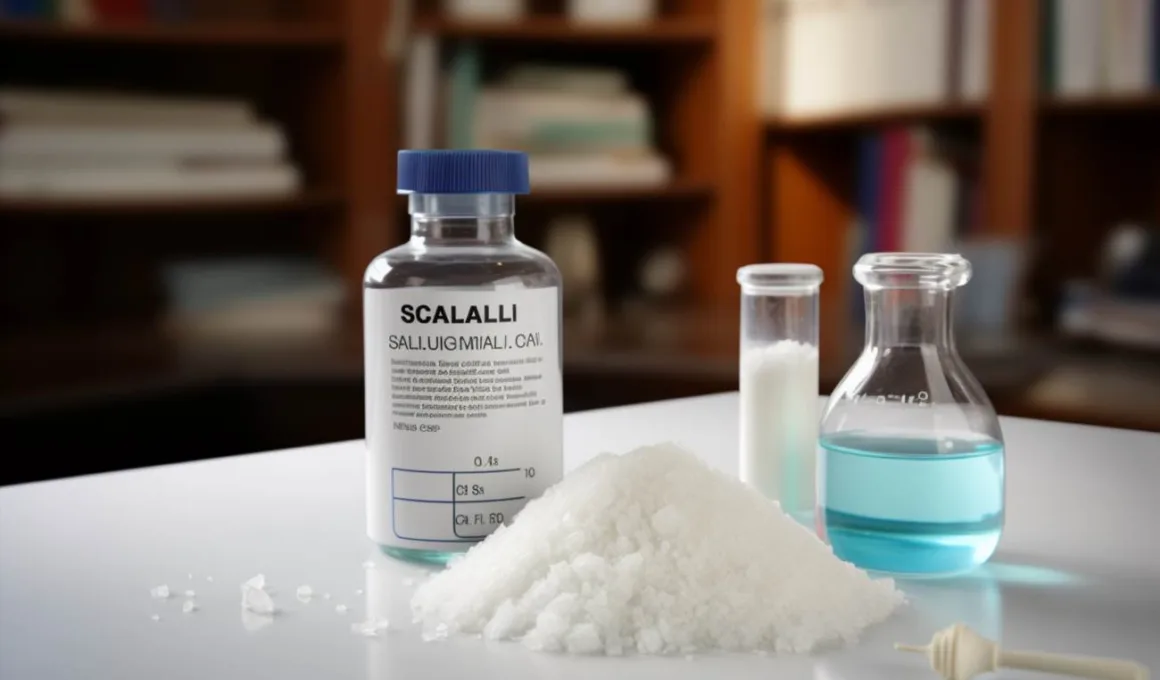Welcome to our in-depth exploration of zinc sulfate, a vital compound with a wide range of applications and benefits. In this article, we will delve into the various aspects of zinc sulfate, its uses, benefits, and potential side effects. Join us as we uncover the secrets of this versatile chemical compound and how it can positively impact various aspects of our lives.
What Is Zinc Sulfate?
Zinc sulfate, often represented chemically as ZnSO4, is a white crystalline powder that consists of zinc, sulfur, and oxygen atoms. It is a naturally occurring mineral found in the Earth’s crust but is also synthesized for various industrial and medicinal purposes. Zinc sulfate can exist in different forms, including heptahydrate (ZnSO4·7H2O) and monohydrate (ZnSO4·H2O).
Applications of zinc sulfate
Zinc sulfate finds its application in diverse fields, making it an indispensable compound in several industries and sectors:
In Agriculture
Zinc sulfate is commonly used in agriculture as a fertilizer additive to address zinc deficiencies in soil. It plays a crucial role in plant growth, as zinc is an essential micronutrient required for enzyme function and overall development.
In Medicine
Medically, zinc sulfate is employed to treat various health conditions, such as:
- Wound healing: It is used topically to aid in wound healing.
- Eye drops: Zinc sulfate eye drops are used to treat eye infections.
- Dietary supplement: It is a common ingredient in dietary supplements due to its role in immune support and skin health.
In Galvanization
Galvanization is a process that involves applying a protective zinc coating to steel or iron to prevent corrosion. Zinc sulfate plays a vital role in this process, ensuring the longevity and durability of various metal products.
Benefits of zinc sulfate
Zinc sulfate offers a plethora of benefits, both for human health and industrial applications:
Health Benefits
Consuming zinc sulfate as a dietary supplement can have the following positive impacts:
- Boosted immune system: Zinc is essential for immune cell function, helping the body fight off infections.
- Wound healing: Topical applications of zinc sulfate can accelerate the healing of wounds and skin injuries.
- Acne treatment: Some acne treatments contain zinc sulfate, which can help reduce inflammation and breakouts.
Industrial Benefits
In the industrial sector, zinc sulfate is favored for its role in galvanization, which protects metal surfaces from corrosion and extends their lifespan. It also contributes to the production of high-quality fertilizers, promoting robust plant growth and crop yields.
Potential side effects
While zinc sulfate offers numerous benefits, it is essential to be aware of potential side effects when used improperly:
- Oral consumption of excessive zinc sulfate can lead to nausea, vomiting, and diarrhea.
- Topical application may cause skin irritation in some individuals.
- Eye irritation can occur if zinc sulfate eye drops are misused.
Frequently asked questions
Is zinc sulfate safe for consumption?
Yes, zinc sulfate is safe when used according to recommended dosages. However, excessive intake can lead to adverse effects, so it’s crucial to follow guidelines provided on supplements or medications.
Can zinc sulfate be used for skin conditions?
Yes, zinc sulfate is used in topical treatments for various skin conditions, such as acne and wound healing. It can help alleviate inflammation and promote skin recovery.
What is the recommended dosage of zinc sulfate as a dietary supplement?
The recommended daily intake of zinc varies depending on age, gender, and specific health needs. It’s advisable to consult a healthcare professional for personalized guidance on zinc supplementation.
Now that you have a comprehensive understanding of zinc sulfate, its applications, benefits, and potential side effects, you can make informed decisions regarding its use. Whether you’re a farmer aiming to enhance crop quality or an individual seeking to bolster your health, zinc sulfate plays a valuable role in various aspects of our lives.
Zobacz także:





